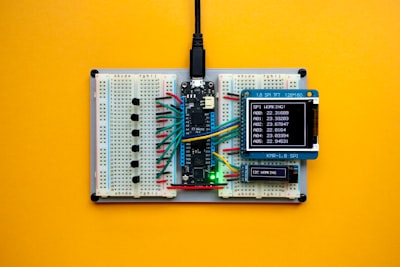Conference paper
The Cultural Compatibility of Saudi Efl University Students in the Ut Austin Esl Program
Saudi EFL and Saudi ESL students were studied in university programs in Saudi Arabia and in the US in order to assess their cultural competency and any potential clashes that may cause blockages in learning English in either environment. Critical pedagogy was used as an overarching methodology to construct lesson plans and provided the ideological basis for the construction of these studies. Saudi Arabia hosts EFL teachers from Western countries to instruct EFL students from grades 4 and up. Yet, cultures clash and these sentiments hinder learning EFL due to the cultural power a teacher can assert, even without their knowledge. Monologic and dialogic behaviors can help or facilitate learning, based on the teachers' approach to topics and cultural dilemmas in the classroom. Having taught EFL in the women's campuses in the capital city of Riyadh for over 10 years at 3 different universities, namely Al Yamamah, Al Faisal, and Prince Sultan, combined, ideological, religious and cultural issues were noted between Western teachers and Saudi students on a daily basis. Focused research was in 2011 conducted at Al Yamamah University, women's campus in order to conduct teacher training and develop a framework of acceptable topics for use in the classroom. Further research including surveys, interviews and case studies of Saudi ESL students were conducted in 2015-2016 at the University of Texas at Austin ESL in order to assess Saudi ESL learners in an English immersion program. Guiding questions were developed to assess cultural competency, cultural clashes, identity issues and culturally habituated patterns from Saudi culture that were impacting Saudi learners in UT Austin ESL program.
















































